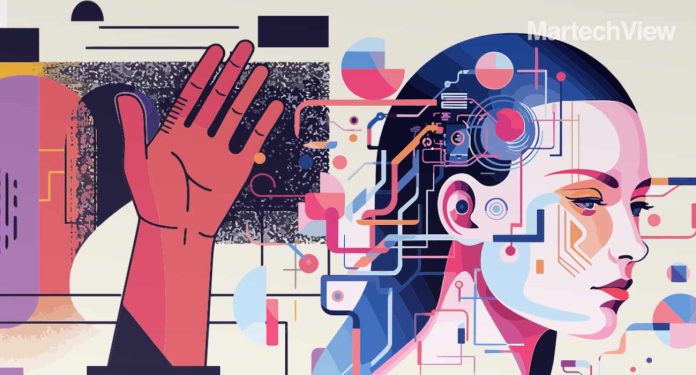AI-generated content is flooding the internet with misinformation and low-quality information. Let’s explore the dangers of AI-generated content, from its impact on minor languages to its potential for historical revisionism.
AI is flooding the world with fake content and fake books on how to get rich or program better. Once you’ve found an AI author on Amazon with a fake face and bio, Amazon will recommend a range of other AI fake authors.
AI can churn out books in the blink of an eye. If you write a popular book, AI will write fake workbooks to accompany your book, riddled with lies and errors. When a celebrity or semi-celebrity dies, the next morning, AI will have a book published on them, full of lies, misquotes, and misinformation. Small publishers are saying they’re so overwhelmed by a deluge of AI-generated fake submissions they’re considering shutting down.
AI content overwhelms.
Also Read: Bustelo Brews Up Iced Coffee with “Esta Aqui” Remix
AI content overwhelms minor languages with fake content
This flood of low-quality and fake content from AI is particularly affecting minor languages, which don’t have much original content published on the Web, to begin with. A lot of content is initially written in major languages such as English. Then, if translated into minor languages, it is usually done by machine translation. AI acts as a type of hyper-machine translation. These minor languages become overwhelmed by AI translations and other fake AI content.
AI’s self-feeding loop risks model collapse
As the overall percentage of AI content continues to grow, it poses problems for AI itself. AI begins to feed on itself. AI begins to train and learn from its crap. They call this “model collapse” because the quality will continuously decline, and all sorts of weird things will begin to happen. If AI were a digestive system, it would have no capacity to poop, no capacity to remove toxic waste.
AI Rewrites History: Tools for Modern Propagandists
AI is not simply faking the present and the future. It is rewriting the past. There is nothing new here. History has always been written by—or certainly heavily influenced by—the victor.
For the propagandist, though, AI content is an incredibly useful tool that can revise history on an industrial scale. Like Stalin on steroids, it can remove inconvenient faces from old photographs, change bios, rewrite historical laws — whatever today’s autocrat or Trumpian dictator is having.
AI content: sweet, seductive — and scarily personalized
Lots of people like AI content. It’s sugary sweet. It’s adrenaline-boosting. It’s confident in that white, male way and sounds correct. It has all your favorite words. It can press your buttons, caress your ego, and feed your fears.
It’s been perfectly optimized to grab your attention. It fits neatly into an entire online advertising industry that is using all the psychological science available and the huge mounds of data it has on you to target you and get you to click, to get you to believe, to get you to intensely feel for a moment long enough to get you to buy or act in the way the advertiser wants.
Also Read: 5 UX Trends to Watch This Year
AI will figure out the words, images, people, and places that mean most to you, and it will target you with all those things, honing and tweaking its message based on how you respond. Yes, your very own AI-generated newspaper and worldview.
Nobody else gets the copy that you get. Does that scare you? It should.










